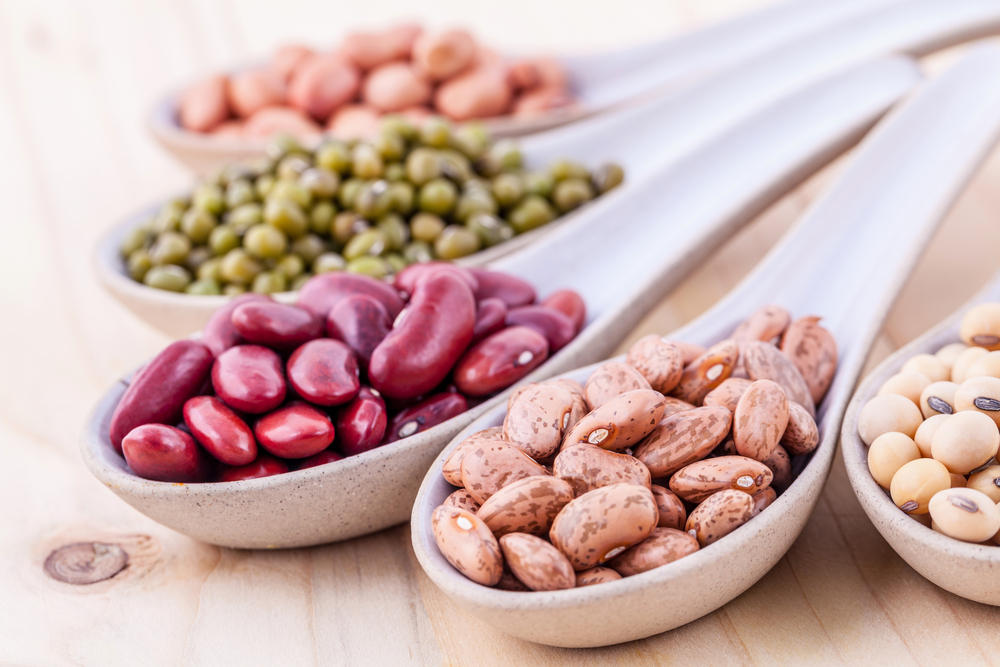Federal health officials recommend eating more beans, lentils, and peas and eating less meat, according to a dietary report published on Wednesday.
The departments of Health and Human Services and Agriculture have outlined their proposal for better nutrition intake in the 2025–2030 Dietary Guidelines for Americans, which was written by an appointed 20-person committee that evaluated “significant nutrition-related issues.”
“Chronic health conditions for which poor nutrition is a risk factor—including overweight and obesity, type 2 diabetes, cardiovascular disease (CVD), metabolic syndrome, and certain cancers—are prevalent, presenting major public health challenges,” the report stated. “For example, prevalence of overweight and obesity is 73 percent among U.S. adults ages 20 years and older and 36 percent among children and adolescents ages 2 through 19 years, and prevalence of prediabetes is 38 percent among individuals ages 12 through 19 years.”
The report also focused on “health equity” by examining how different sociodemographic groups are impacted by health issues, such as how obesity and hypertension are more prevalent among those “with lower educational attainment.”
“Specifically, the Committee was tasked with examining the relationship between diet and health across all life stages using a health equity lens, ensuring that the implications of factors such as socioeconomic position, race, ethnicity, and culture were described and considered to the greatest extent possible for each scientific question and based on the information available in the scientific literature and data,” the report said.
However, the report said that “nearly all U.S. individuals” could benefit from eating healthier.
“The Committee’s review of current U.S. dietary intakes indicates that across the lifespan, intakes of Vegetables; Fruits; Dairy and Fortified Soy Alternatives; Seafood; Nuts, Seeds, and Soy Products; and Whole Grains are generally lower than current recommendations, while intakes of total Grains (including Refined Grains); total Protein Foods; and Meat, Poultry, and Eggs are generally at or above current recommendations,” the report said.
The report added that people are overconsuming sodium, sugars, and saturated fats, while underconsuming vitamin D, calcium, and dietary fiber.
The committee didn’t reach a conclusion on ultra-processed foods, however, stating that the evidence “was difficult to assess, largely because of the lack of clear definition of ultra-processed foods.”
Robert F. Kenney Jr, President-elect Donald Trump’s nominee for secretary of the Department of Health and Human Services, has scrutinized the prevalence of ultra-processed foods in the diet, often sweetened by high-fructose corn syrup, currently deemed safe by the U.S. Food and Drug Administration.
Kennedy has attributed numerous health problems, including depression, obesity, cancer, and liver disease, to the intake of ultra-processed foods and has criticized federal health agencies’ calling them safe.
The Associated Press and Marina Zhang contributed to this report.














